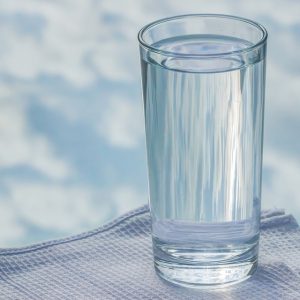Haldimand County is responsible for the treatment and supply of clean, safe drinking water through our water treatment plants, reservoirs and booster stations. County staff take water samples weekly to ensure the County’s drinking water is safe. Staff also repair and maintain the distribution system, including watermains, hydrants and valves.
Drinking water quality in Haldimand County is regulated by the Ontario government through the Ministry of the Environment, Conservation and Parks under the Safe Drinking Water Act, 2002; Ontario Regulation 169/03 (water quality standards) and Ontario Regulation 170/03 (drinking water systems).



